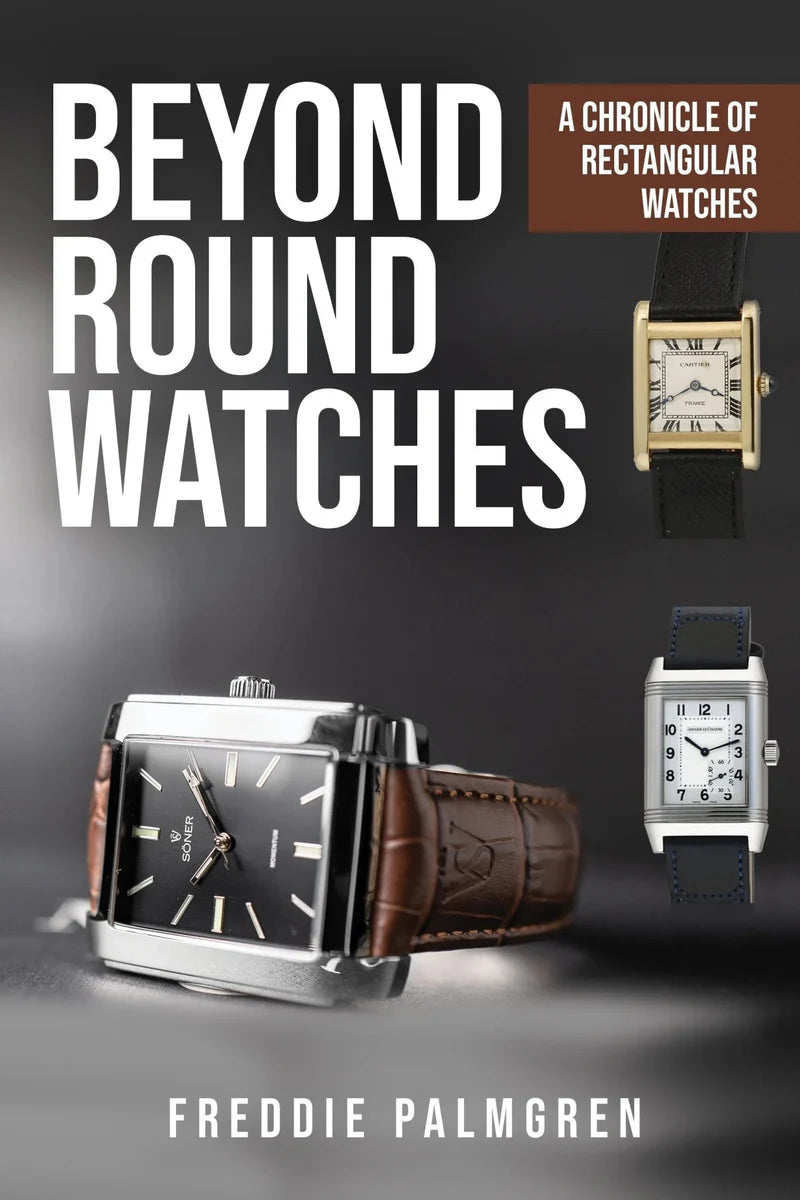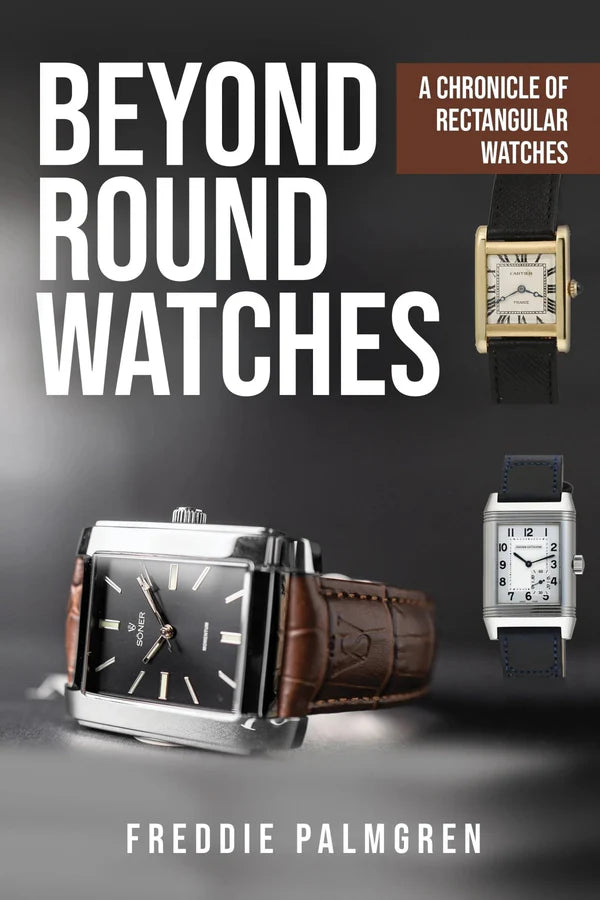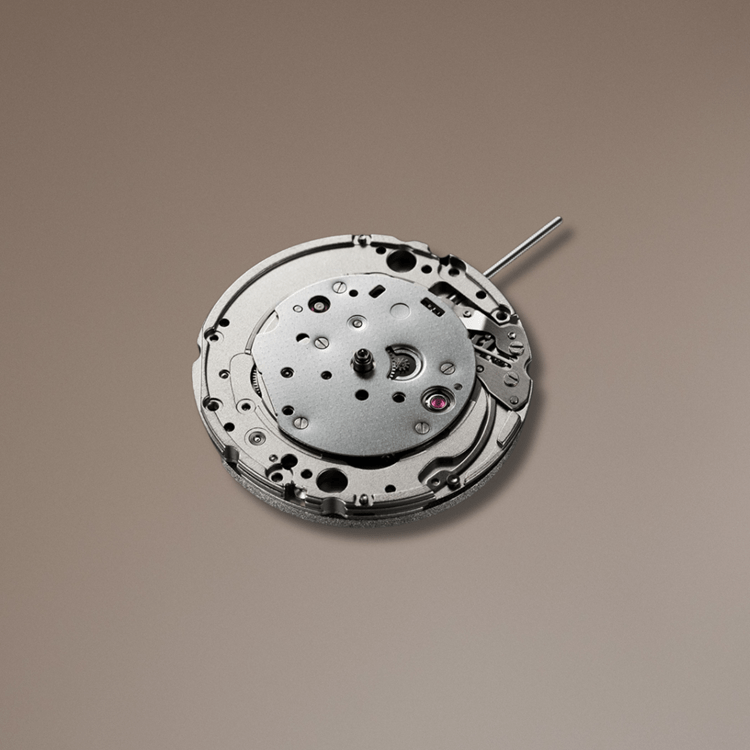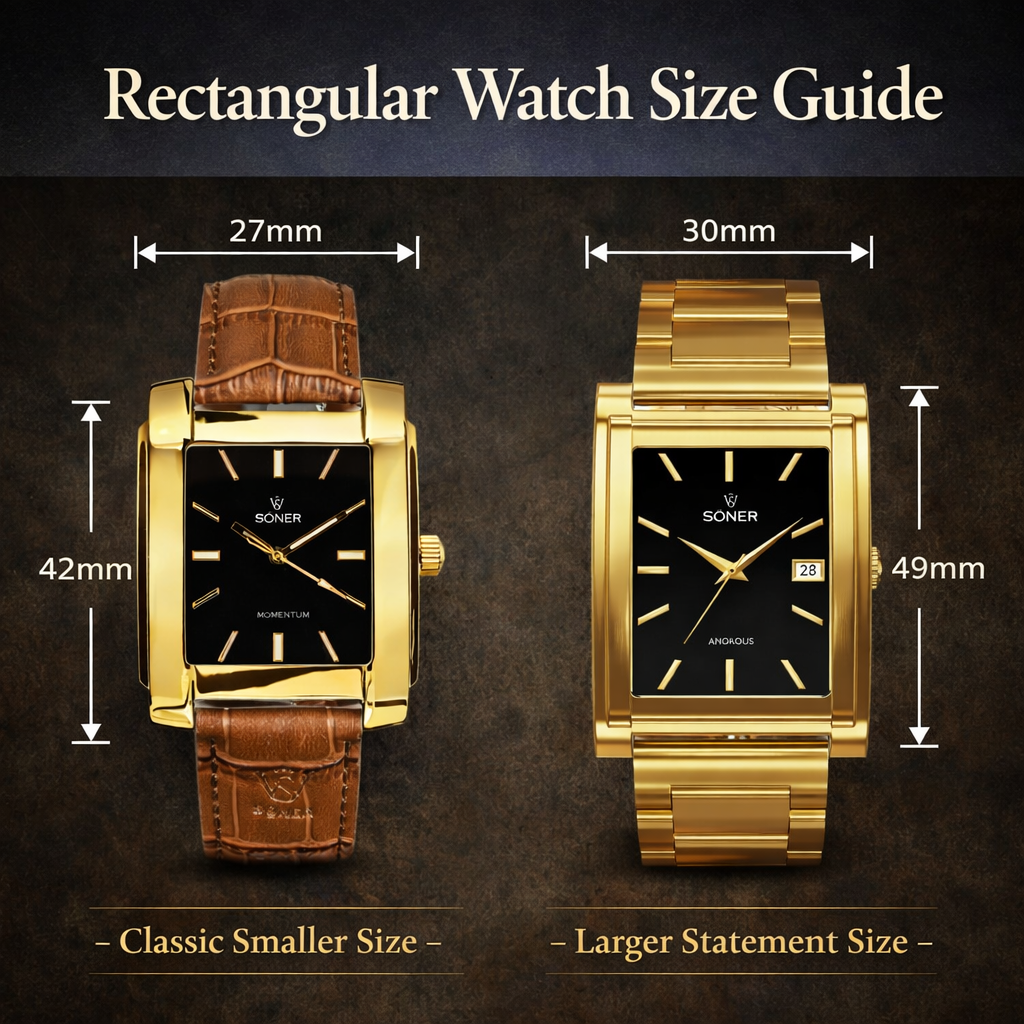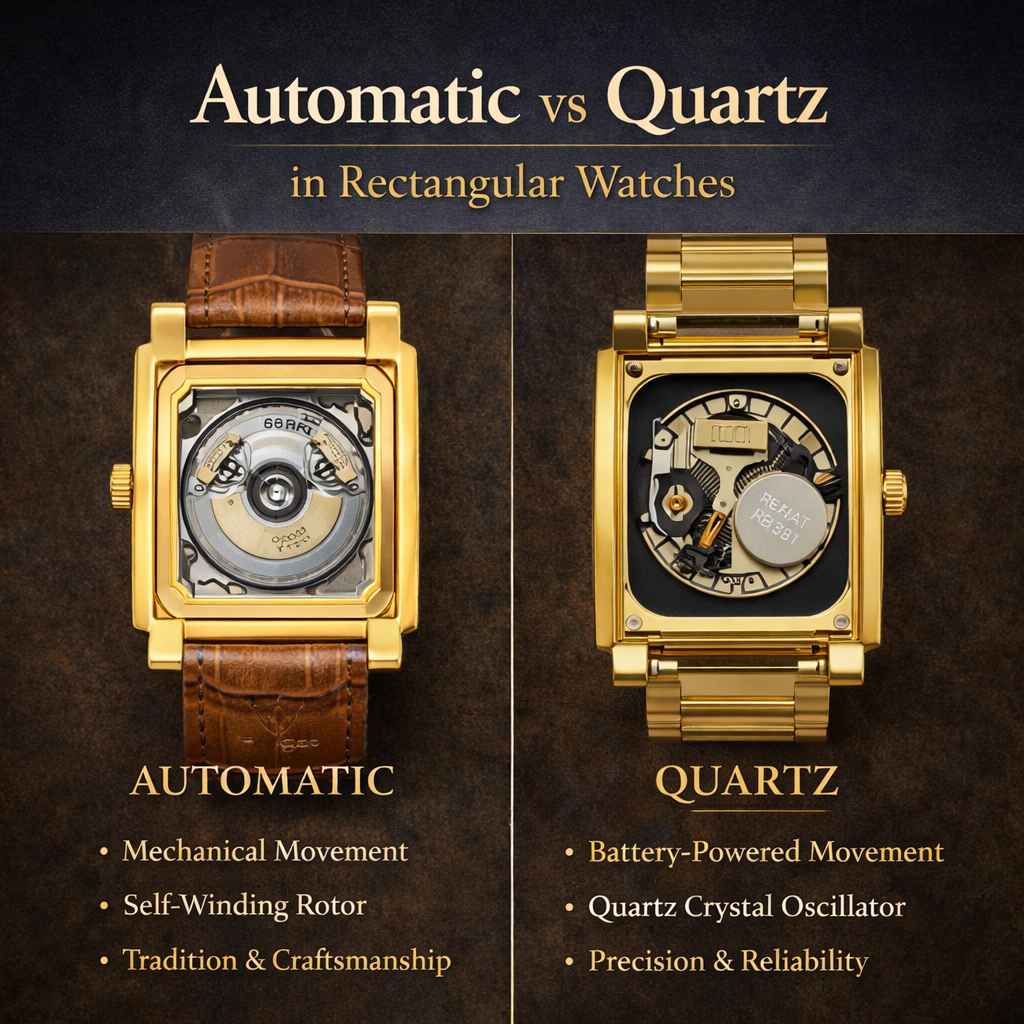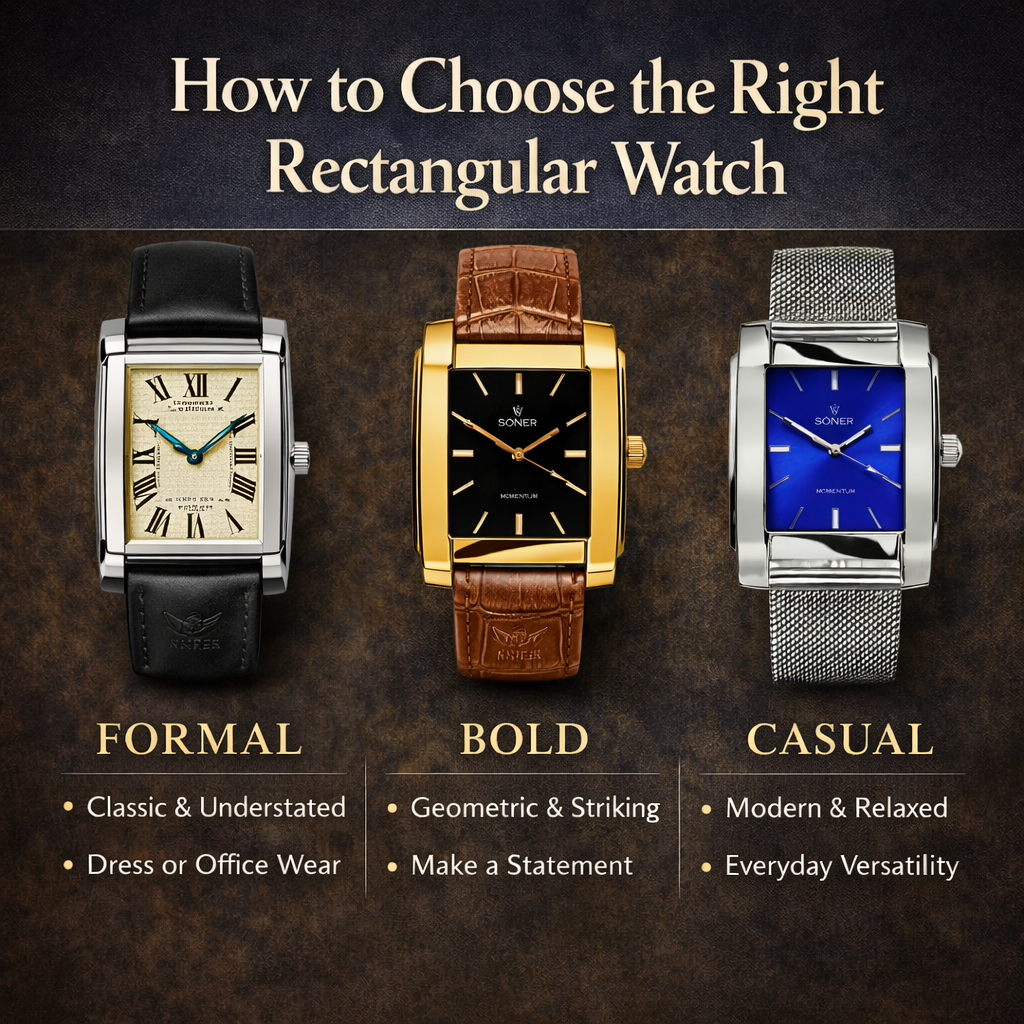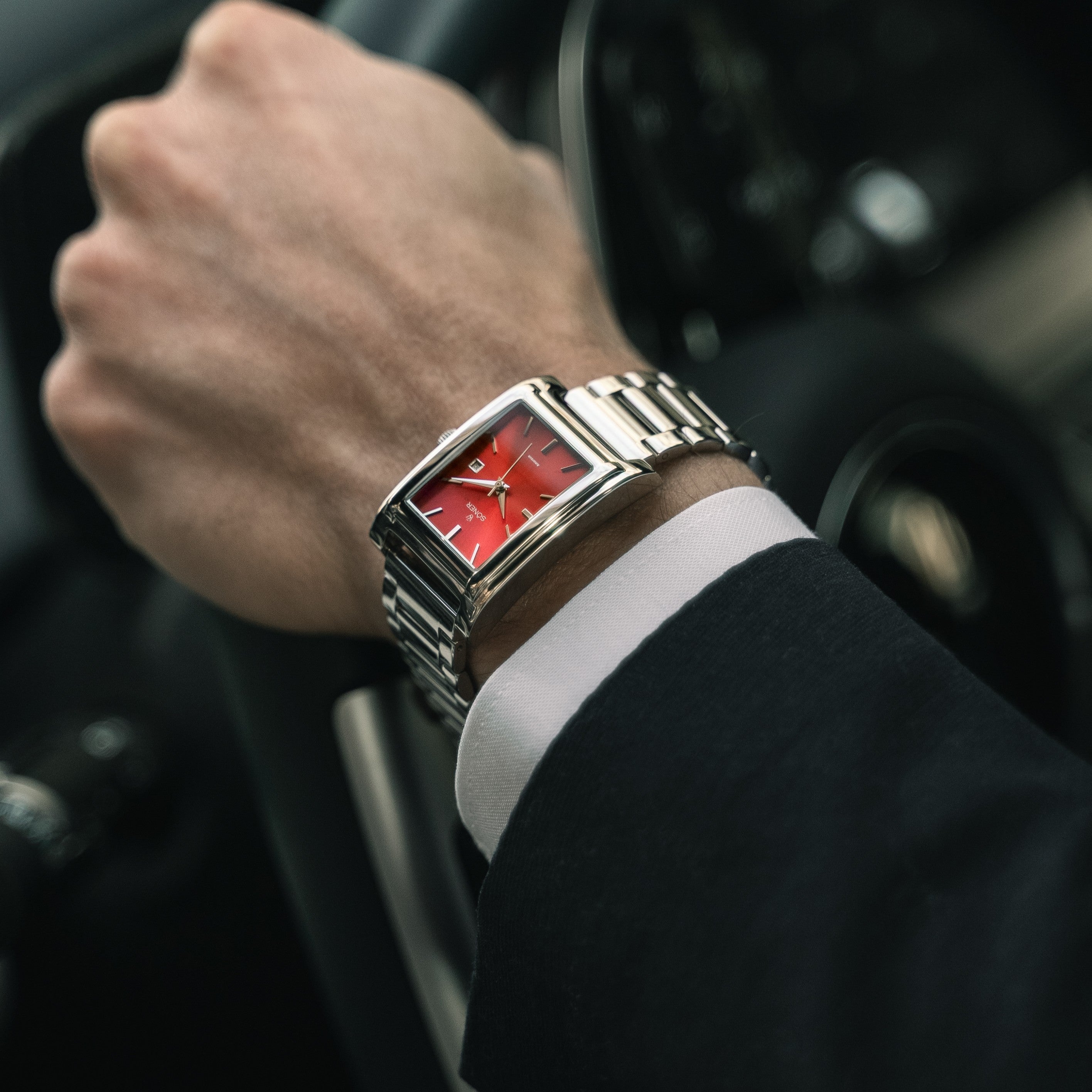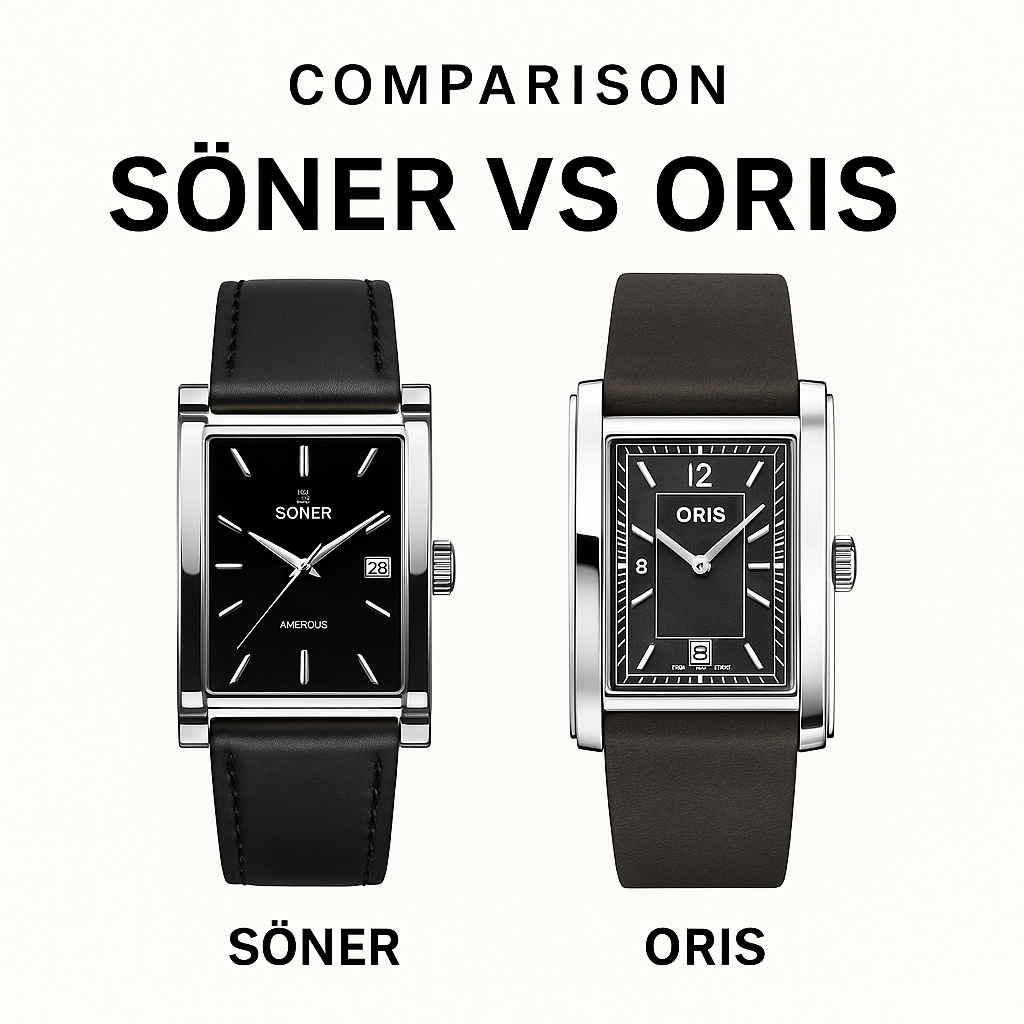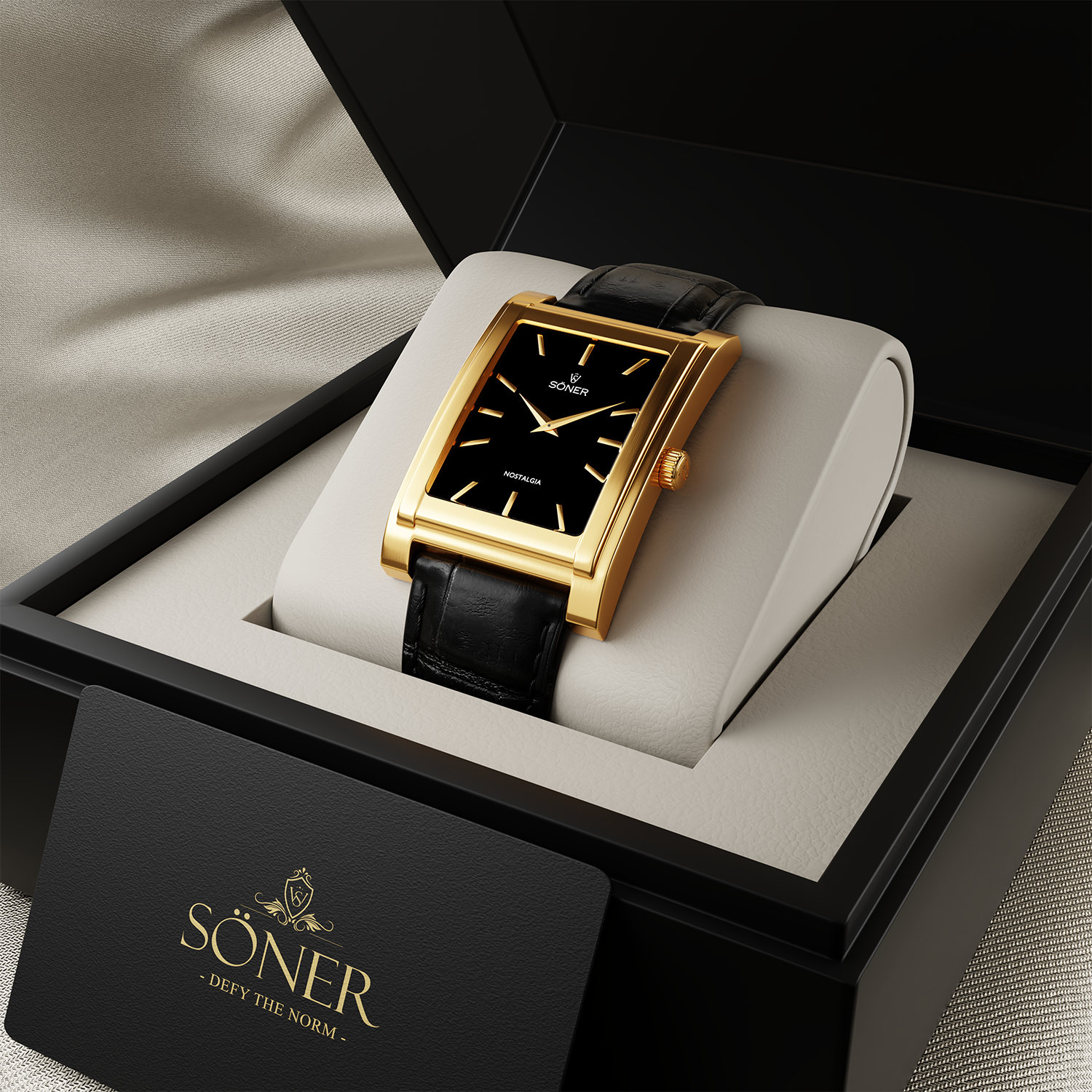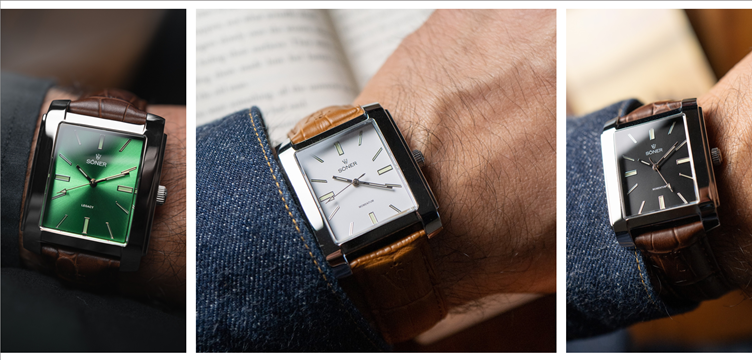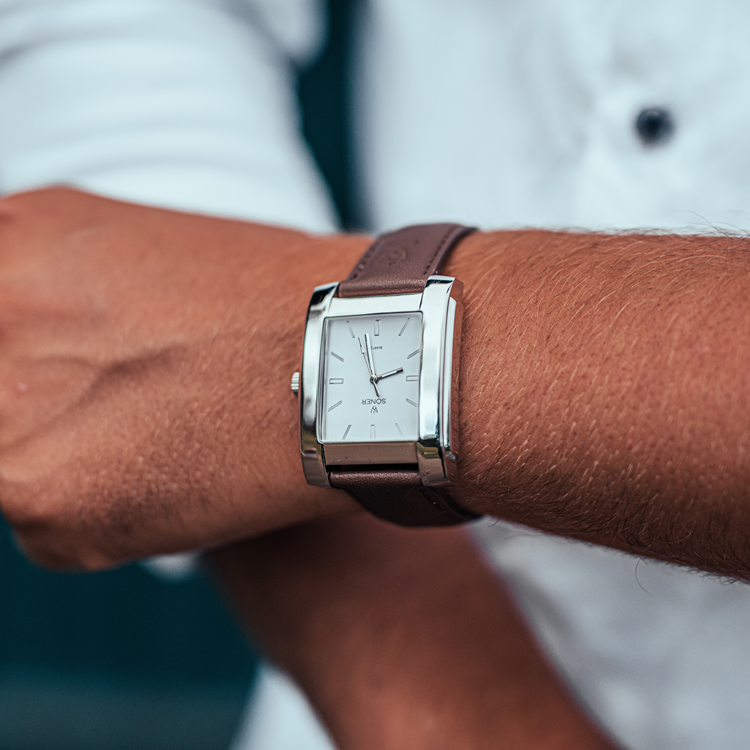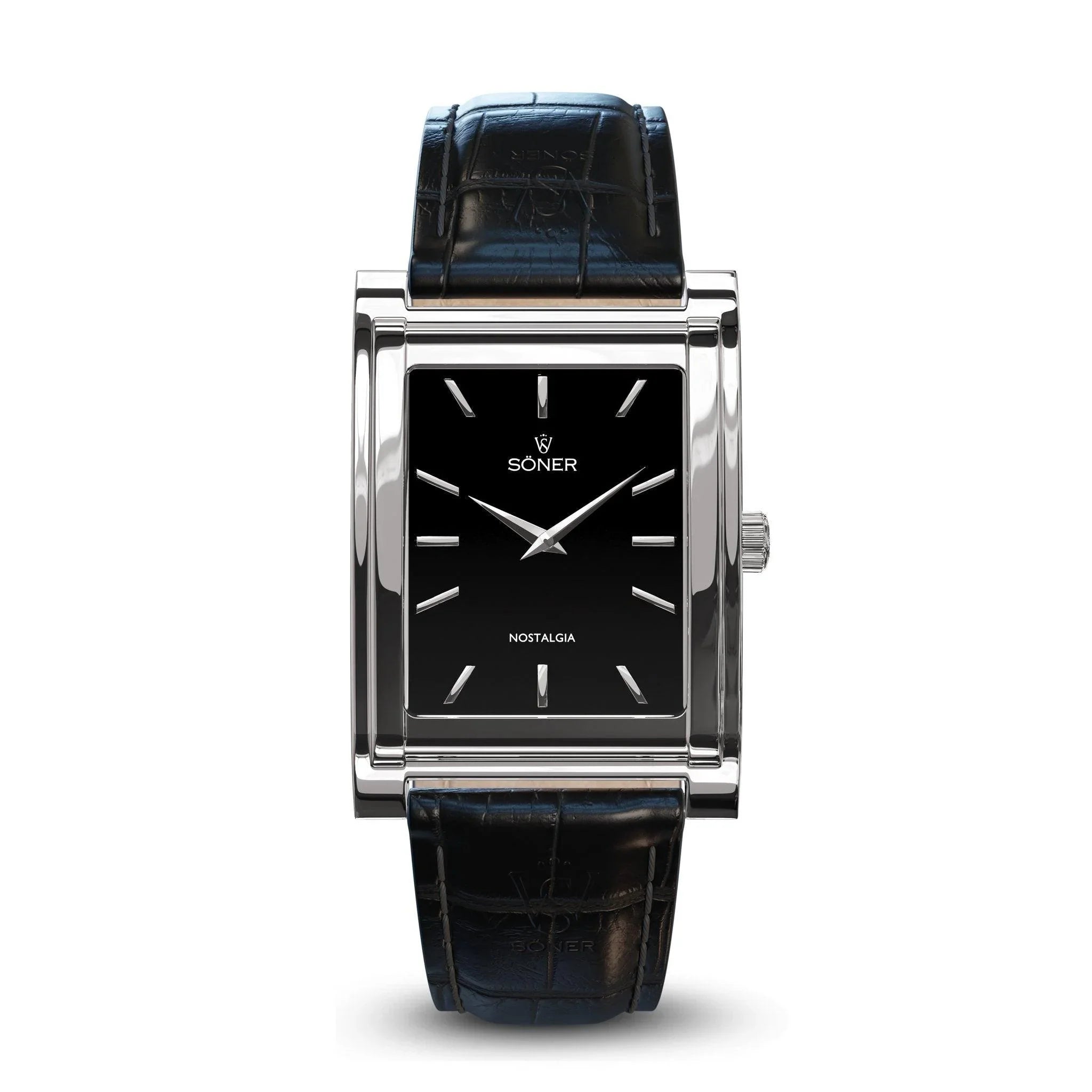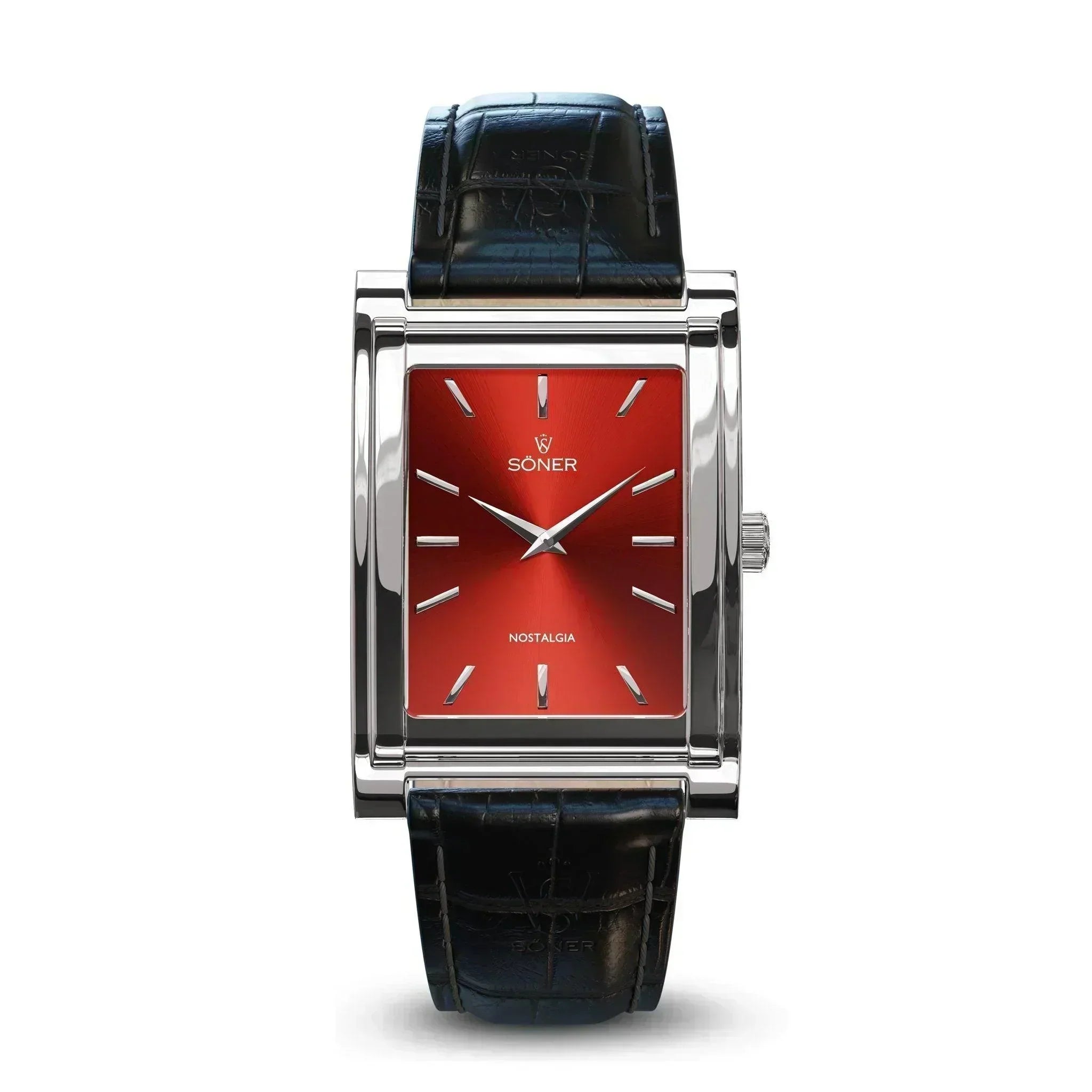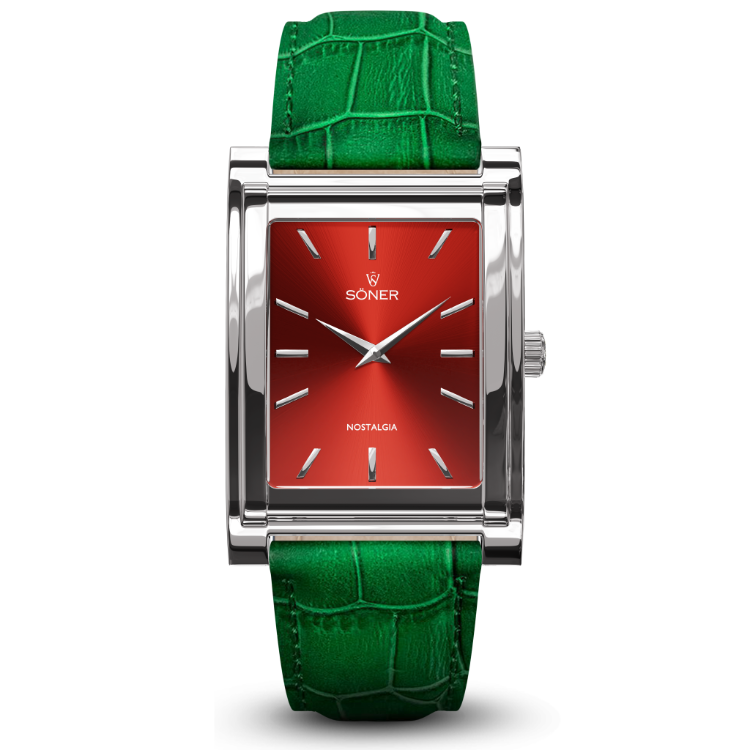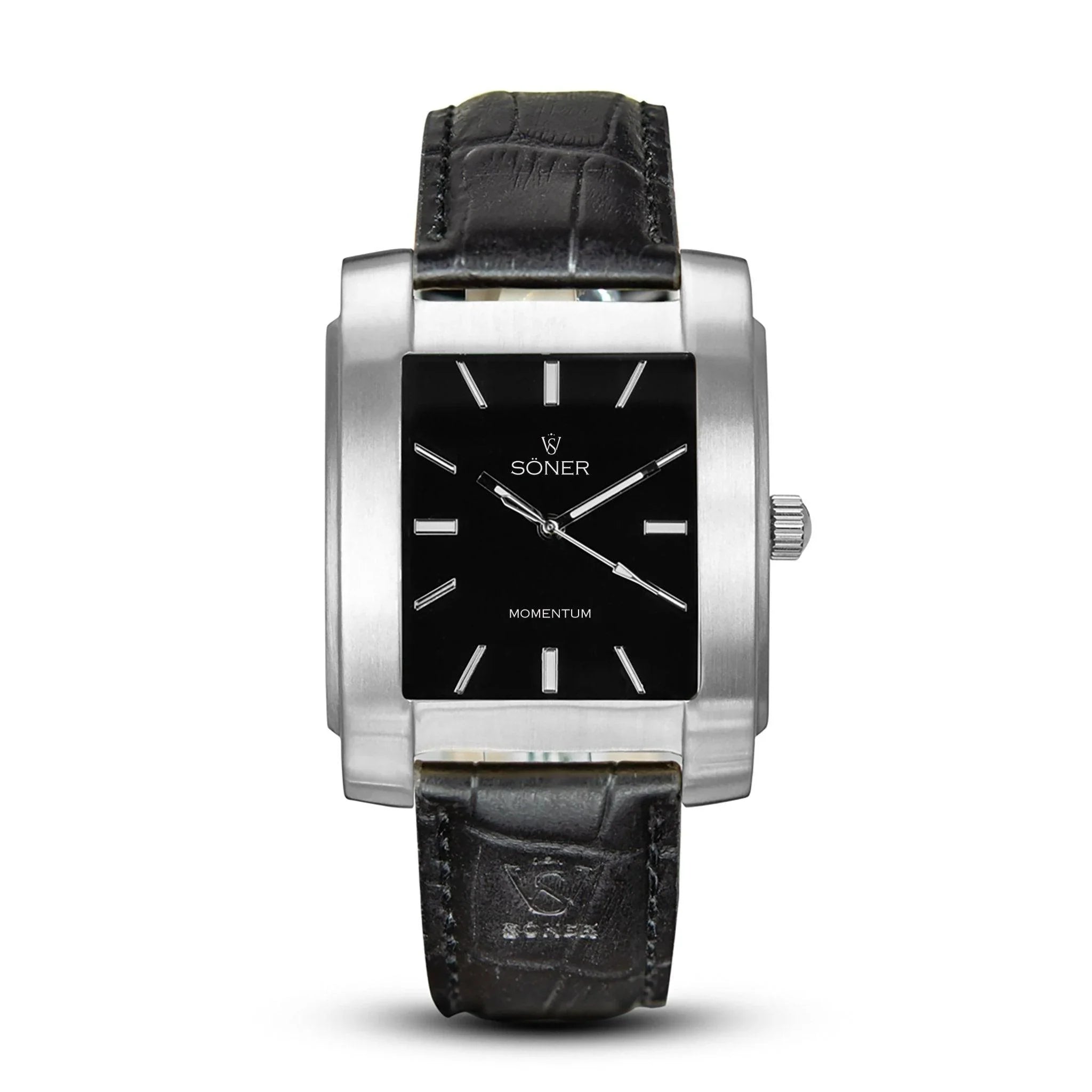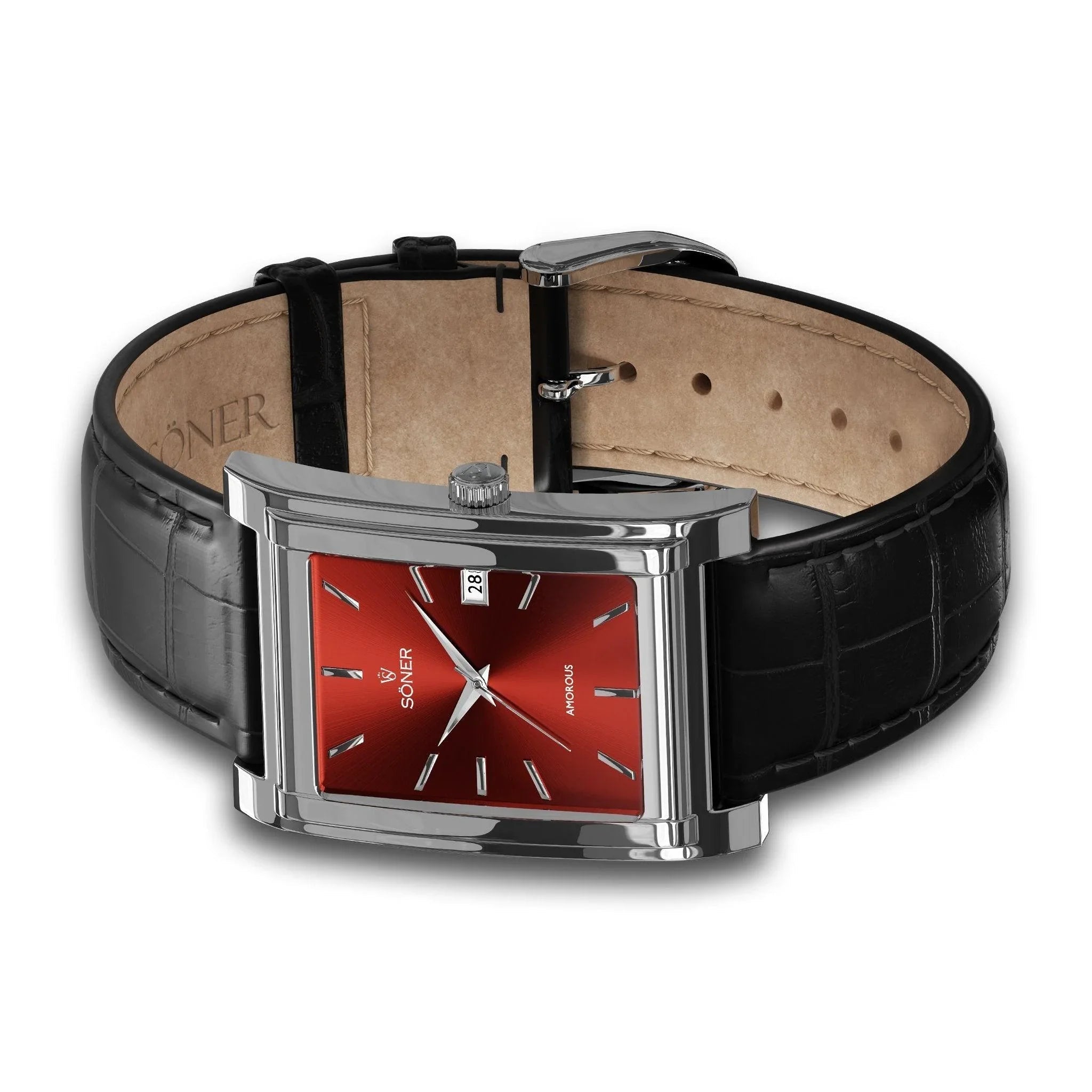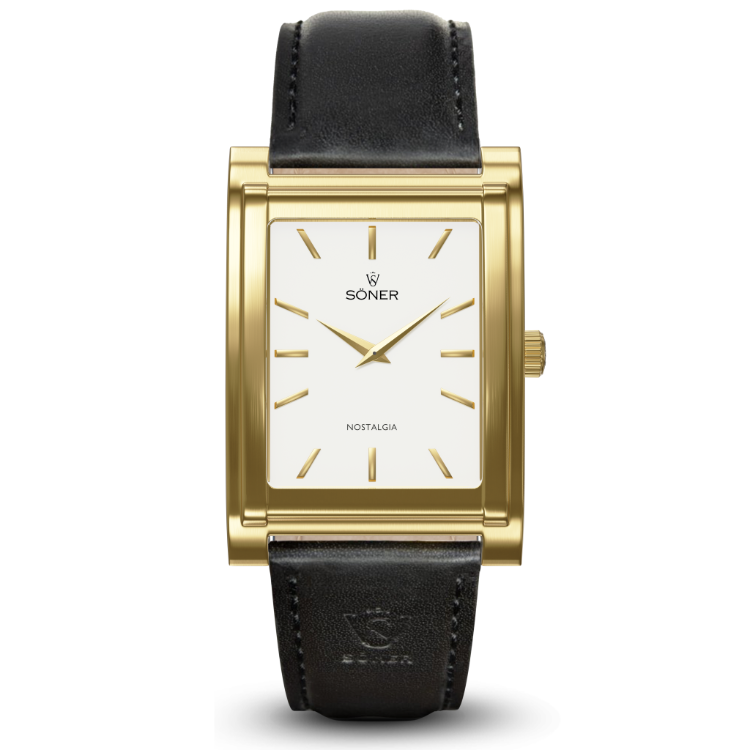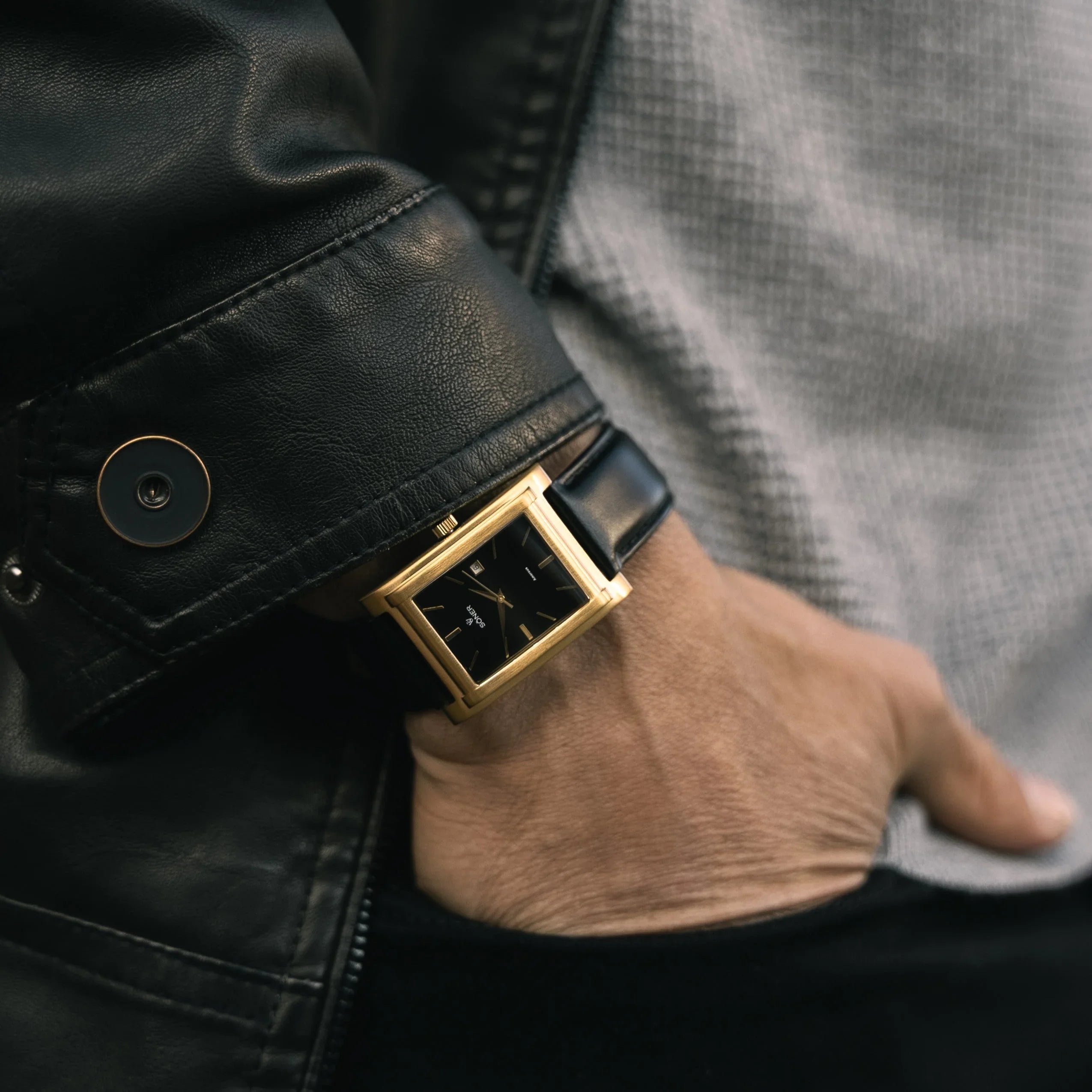Table of Contents
Quartz watch vs. Mechanical Watches
Watches are one of the few accessories that can add personality to a suit or complement your street style. But if you're looking for a way to impress your friends and colleagues, consider the kind of watch you wear: does it have a quartz movement or is it mechanical? Not sure which one you've got?
Quartz watches are powered by batteries, so they don't require winding or manual winding like mechanical watches do. Quartz movements rely on electricity from a battery to keep time, whereas mechanical watches rely on the movement of gears and springs.

Unlike mechanical watches, quartz watches are more resistant to water damage and can withstand more temperature changes than their counterpart. In addition, they're less expensive than mechanical watches because they don't require as many parts or as much maintenance, and because they generally come with fewer features like chronographs that measure elapsed time.
So how do you decide whether you want a quartz watch or a mechanical watch? It really comes down to personal preference and what you value most in your watch purchase. If you're looking for an accessory that will last longer without requiring frequent maintenance and repairs, then choosing a quartz watch might be best for your needs; however, if you prefer the look and feel of a mechanical watch or want to purchase a timepiece that can be passed down as an heirloom, then go with a mechanical model.

Quartz watches: economical, reliable, and accurate
Quartz watches are the most common type of wristwatch on the market today, and they offer some key advantages over mechanical watches. Quartz watches are more accurate than mechanical watches, making them an ideal choice for anyone who wants a watch that's easy to read, easy to maintain, and won't break the bank. As you can see, quartz technology is incredibly accurate, so much so that it's used to keep time in most modern devices, from computers and phones to wristwatches.
Quartz watches are also more affordable than their mechanical counterparts because they don't require any maintenance or service as a mechanical watch does. This means that you'll spend less money over time on repairs, which is great news for your budget.

Mechanical watches: classic style and craftsmanship
Mechanical watches have been around for centuries, and their longevity isn't just due to their beauty, it's also because they're built with quality components that will stand up over time. Mechanical watches are also more customizable than quartz watches; because of their complexity, you can get exactly what you want in a mechanical watch. If you're looking for something classic with beautiful craftsmanship, a mechanical watch may be your best bet.
Mechanical watches are powered by a mainspring and use a balance wheel and escapement to keep time. They're more expensive than quartz, but their accuracy may be less precise.
Mechanical watches require regular maintenance to keep them running smoothly. You'll need to wind the watch every day or two if it doesn't have an automatic movement (the mechanism that powers the watch), which means you'll see about three times as much wear on your mechanical timepiece as you would with a quartz watch of similar cost, but it's worth it if you're looking for something special.
You can tell whether your watch is mechanical by looking at its face: if there are hands that move around in circles rather than jumping from one number on the dial to another, then it's probably a mechanical model.
Quartz watch are "simple"
Quartz watches are powered by a battery, which is housed in the watch’s case. Quartz movements have gears and other components that control the movement of its hands, but they function similarly to a home clock: They use a crystal to regulate their accuracy.
The quartz movement used in a mechanical watch is more complex than that of a quartz watch. It uses springs, gears, jewels and oil-filled bearings to keep it running accurately for years at a time without having to be wound or replaced with batteries every few months. But while they may be less reliable over time due to wear on these mechanical parts (which can also cause damage if not replaced regularly), many people prefer them because of their handmade feel and aesthetic appeal, they have been around since Leonardo da Vinci designed one for his patron King Louis XII in 1504.
Mechanical watches are "Complex"
No matter what kind of watch you have (or are thinking about getting), it’s important to know the difference between quartz and mechanical movements. Quartz watches are powered by a battery, while mechanical watches use natural motions to keep time, a process that can be surprisingly complex.
Mechanical watches run on a mainspring, which is wound up by the wearer. The energy stored in this spring then powers all of the movement components within the watch, including gears and other mechanisms. As long as there is enough stored energy in the mainspring, these components will continue moving, even if they aren't being wound up with every turn of the wrist like a quartz watch would be. This means that an automatic watch will keep running for several days before needing rewinding.

Quartz watches require virtually no maintenance
The quartz watch revolutionized the way we think about timepieces. Quartz watches are battery-powered and require virtually no maintenance. Mechanical watches, on the other hand, need to be wound up regularly, and they're not always as accurate as quartz watches.
The maintenance required for different types of watches is an important factor to consider when choosing which type of watch to buy. For people who want a low-maintenance option, a quartz watch is a way to go. But if you're looking for a timepiece that will last longer and doesn't need batteries, then a mechanical watch may be the better choice
If you're looking for a watch that requires almost no maintenance and is extremely accurate, quartz is your best bet. If you want something that has more of a traditional look and feel (and are okay with having to wind your watch often), then go for mechanical.
Mechanical watches should be serviced about once every 3 to 5 years
Mechanical watches should be serviced about once every 3 to 5 years. The frequency of service depends on the manufacturer and the type of movement being used.
A watch should be cleaned and oiled by a professional watchmaker at least once per year. This can be done either at home or in a shop, depending on where you purchased your timepiece.
Some examples of maintenance tasks include replacing leather straps, changing batteries (if applicable), replacing seals around moving parts, lubricating other worn components such as gears/springs etc...
Quartz watches are less expensive
Quartz watches are less expensive than mechanical models, but there are still some mechanical watches that can be had for under $300 at SÖNER. When it comes to buying a watch, your budget is the most important factor in deciding which type of movement you want; however, other factors like durability and maintenance should also be considered.
You’ll probably wear a quartz watch more often than a mechanical one if you have a busy lifestyle or work in an office where you need easy access to time throughout the day. Quartz models tend to be easier on batteries and this will keep them running smoothly for years with minimal maintenance required by the wearer or owner. If you want something special though then there are plenty of options out there in both categories, you just need to find one that fits within your budget.
Each type of watch has its own charms
Quartz watches are cheap, easy to repair and require less maintenance than mechanical ones. But they're not always as accurate or reliable. Quartz watches work with a battery that sends electrical pulses through quartz crystals to keep time, while a mechanical watch uses gears and springs to power its movement.
Mechanical watches are more expensive than quartz ones and require regular maintenance, but they're also more interesting and complex to use: You can adjust the date on a mechanical watch by turning the crown at the side of your wrist (which adjusts your hour hand), while on most quartz watches you'll have to change the hands manually using buttons on either side of your face (the mechanism that moves those hands).
Conclusion
A watch is an investment not only in fashion and individuality but also in a piece of history. Before you make your next purchase, consider the type of watch you want to wear. Is it a classic look or something more contemporary? And if you've already decided what kind of aesthetic style works best for you, all that's left to do is begin your search. By understanding quartz and mechanical timepieces, as well as their differences in movement technology versus design, consumers can make informed decisions.
If you're looking for a new watch that's going to last you for years to come but still has all the elegance and sophistication that makes luxury watches so special, then you should look into SÖNER's collection of both Quartz and Mechanical timepieces.






















